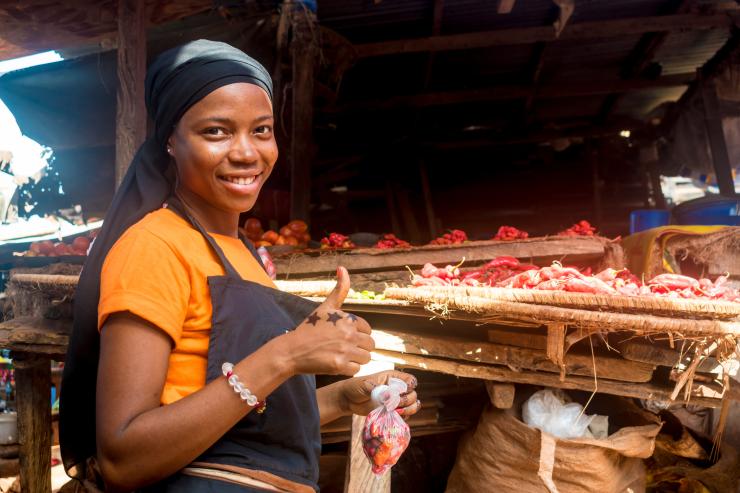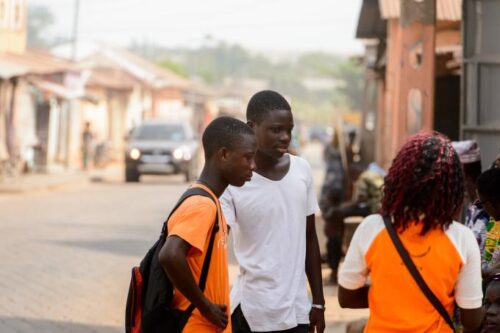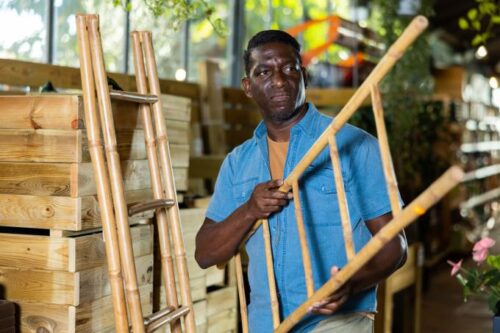Kenya. A Social Enterprise, a Comboni Missionary Proposal.

The project has taken its first steps and has a triple objective: to enhance local potential, finance missionary activities, and open new pastoral spaces.
In the African context, a new experience of social enterprises is also emerging, thanks to the initiative and research of the Institute for Social Transformation (Tangaza University College, Nairobi), founded and directed by the Comboni Missionaries. In Africa, the mission is facing the challenge of economic sustainability, in the absence of donations from countries with advanced economies. Even the local Churches are very involved in fundraising and often the path of ‘income’ is followed in order to finance themselves. This is understandable, as it is a model that basically reflects the approach of the past, replacing the funds that came from Europe and North America with those of rents and other income.
However, this approach appears problematic, especially if one considers that the mechanism of rent is one of the fundamental problems of today’s economy. Instead, we should invest in sustainable work that is truly needed, which opens up new pastoral spaces, brings people closer to their living conditions, and can create an alternative economy.

Young people learn to identify opportunities. Photo:123rf
The basic idea is that a social enterprise is a tool for solving community problems, for building the common good. This led to the Comboni Alliance for Social Entrepreneurship (CASE), a Comboni project which aims to facilitate the birth and growth of social enterprises in the context of the Comboni missions on the continent.
Everywhere missionary communities find themselves facing serious social problems which are also a testing ground for the proclamation of the Gospel. To find a solution to these problems, the CASE proposes to engage with local young people, enhancing their potential and creativity and creating employment and social solutions that are participatory and innovative. Thanks to targeted training, young people learn to identify the opportunities generated by social problems and to design and implement sustainable solutions. In addition to training, the CASE can offer human and professional support, connect young people to an ecosystem of social enterprises, provide a hub for social innovation and development, facilitate access to finance, and start up new businesses.
Change of mindset
The experience still in its infancy but it is already showing positive reactions in the Central African Republic, in Chad, Togo, Uganda and Benin. One of the missionary challenges, with the change in the geography of vocations, is the sustainability of the pastoral approach: European missionaries, being able to have support and means, have started various development and assistance projects which are now rather difficult to continue.
In the absence of material help, the local populations may even show a rejection of the new generations of missionaries.

To create an alternative economy. Photo: 123rf
The CASE proposal, however, helps to take an important step, to overcome the aid-dependence syndrome and the sense of helplessness, and to facilitate a change of mentality. People begin to rediscover their potential, enabling them to take the initiative and change their situation, then translate their faith into a commitment to life, thus transforming their community. The reaction of a group of young Central Africans who, rather than dreaming of leaving the country, want to acquire the skills to transform it, is emblematic. It changes people’s way of seeing and relating to reality, in a way inspired by the Gospel and supported by a lively spirituality. At the same time, the vision of missionaries and the way they work is also starting to change; some recognize that there are local resources that can be used to support the community and pastoral work, in collaboration with the people. (Photo: 123rf)
Alberto Parise



